Keywords: Vilification
There are more than 24 results, only the first 24 are displayed here.
Become a subscriber for more search results.
-
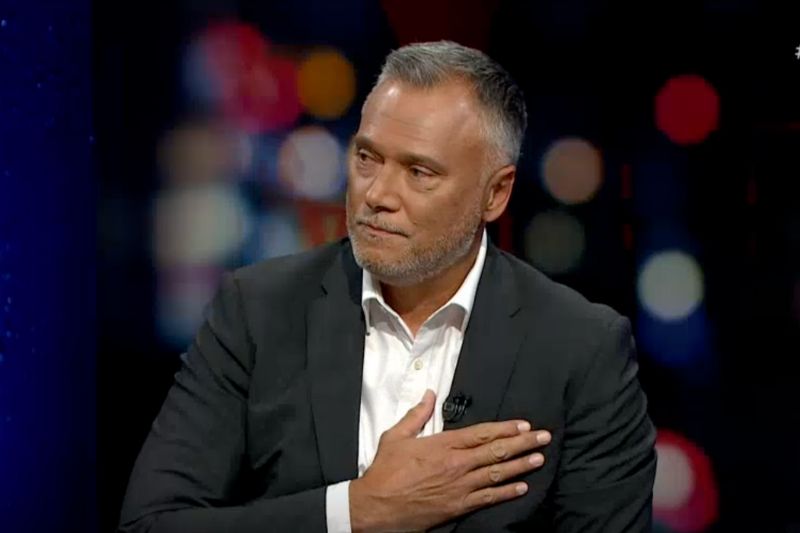
MEDIA
- Andrew Hamilton
- 11 January 2024
The departure of Stan Grant from his role at the ABC following racial abuse triggers collective dismay and brings to light the deeply rooted issue of racism in Australia. His exit from public life is a sobering reminder of the societal toll of bigotry, and underscores the urgent need to safeguard our public intellectuals.
READ MORE
-

MEDIA
- Andrew Hamilton
- 31 May 2023
19 Comments
The departure of Stan Grant from his role at the ABC following racial abuse triggers collective dismay and brings to light the deeply rooted issue of racism in Australia. His exit from public life is a sobering reminder of the societal toll of bigotry, and underscores the urgent need to safeguard our public intellectuals.
READ MORE
-

INTERNATIONAL
- Dorothy Horsfield
- 22 March 2022
8 Comments
Moscow-based Director of the Russian International Affairs Council (RIAC)Dr Andrei Kortunov warned of its tragic consequences for Russia in an article published four days before the launch of his country’s invasion of Ukraine. The de facto partition of Ukraine, he said, as a result of the Kremlin’s recognition of the independence of the People’s Republics of Donetsk and Luhansk, will signify ‘the final formalisation of the division of Europe’ from which there may be no easy retreat.
READ MORE 
-
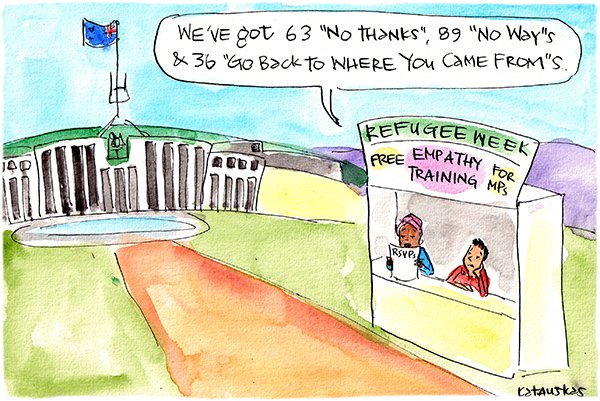
AUSTRALIA
- Andrew Hamilton
- 24 June 2021
32 Comments
Deterrence has an inner logic that we can see in Australian treatment of people who seek protection. In the first place it tends to become increasingly brutal. Each breach of policy must be met with a more effective deterrent.
READ MORE 
-
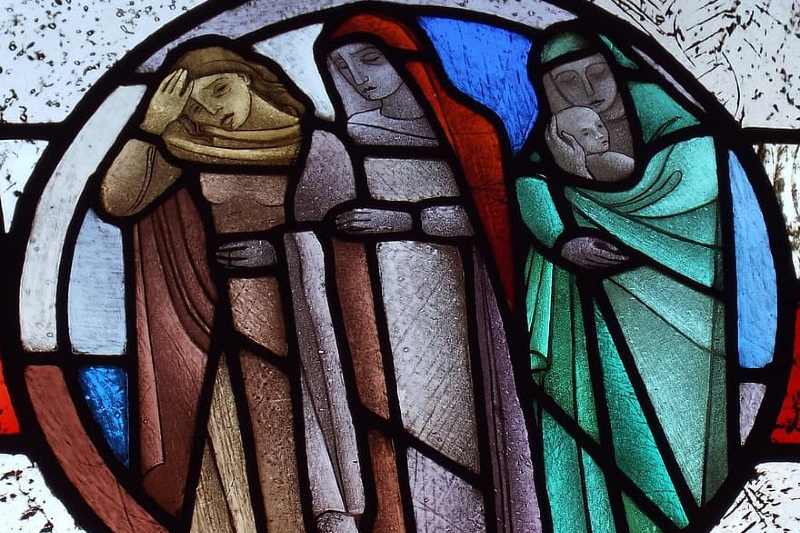
RELIGION
- Marilyn Hatton
- 27 October 2020
37 Comments
Phyllis Zagano’s latest book Women: Icons of Christ is a must read for all who desire equality for women in our world and an inclusive practice of Catholic faith. The critical issue Zagano presents in this book is that ordaining women to the deaconate is a not a new or forbidden act in Catholic history but rather a return to a practice that endured for hundreds of years.
READ MORE 
-

MEDIA
- Celeste Liddle
- 27 February 2020
15 Comments
Last year, two documentaries regarding the Adam Goodes booing fiasco were released mere weeks apart: Shark Island Productions’ The Final Quarter and Madman Films’ The Australian Dream, anchored by Stan Grant. Given the topic and timing of both of the films, I couldn’t help but compare the two films as an Aboriginal viewer who spends a lot of time dissecting Australia’s racism in her own analysis. As I watched both of them, my reaction to each was markedly different.
READ MORE 
-
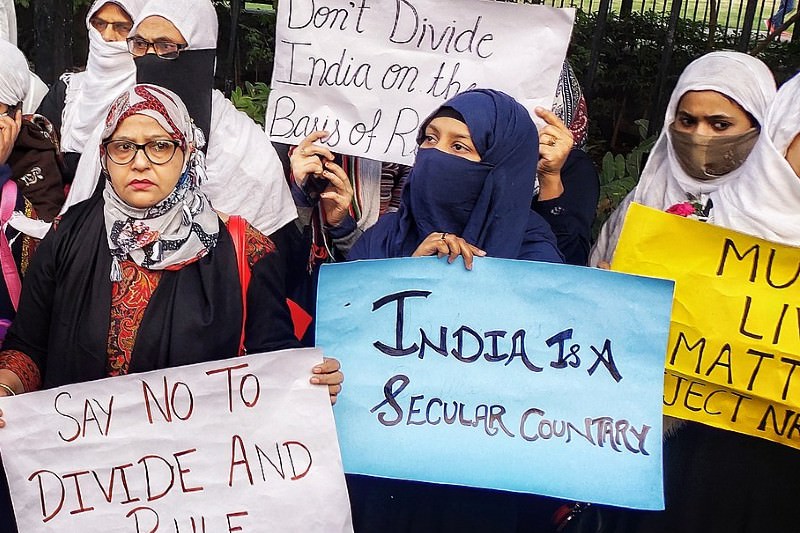
INTERNATIONAL
- Sundhya Pahuja
- 16 January 2020
9 Comments
It is ironic for those of us who have long wished for a closer and more respectful relationship between India and Australia to be arguing now for caution. But perhaps the time has come for a relationship of political solidarity between the people of India and the people of Australia, rather than the economic expediency that seems to be on offer.
READ MORE 
-
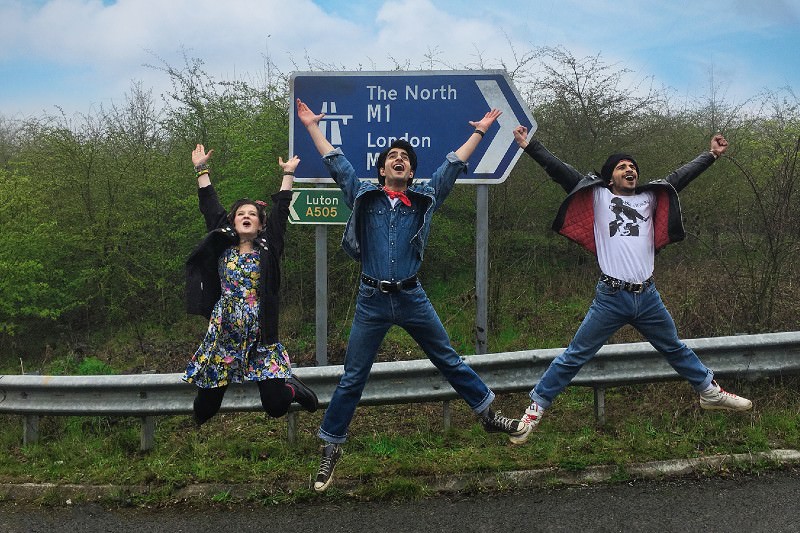
ARTS AND CULTURE
- Irfan Yusuf
- 09 December 2019
6 Comments
Politicians love to remind minorities to integrate. Minority kids by and large resent these calls, because they are desperate to integrate. South Asian kids like me and journalist Sarfraz Manzoor were among those wishing to be Australian or British. Our idols were Bruce Springsteen and Jim Kerr, not Abu Bakr Baghdadi or Osama bin Ladin.
READ MORE 
-
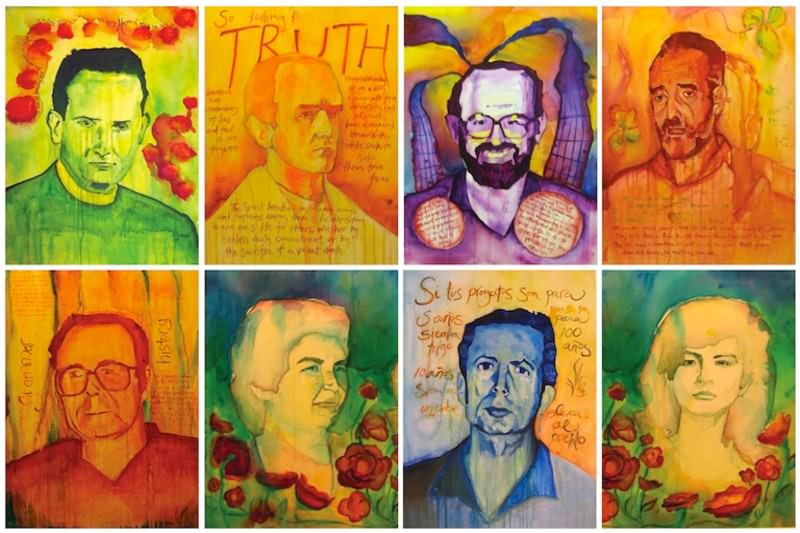
RELIGION
- Andrew Hamilton
- 06 November 2019
16 Comments
Thirty years ago this month, the Salvadorean Armed Forces murdered two women and six Jesuits at the Universidad Centroamericana El Salvador. For me it was a significant stage on the journey from fascination with the romance and the rhetoric of the struggle for justice to recognition of the hard, unyielding daily reality that it involved.
READ MORE 
-
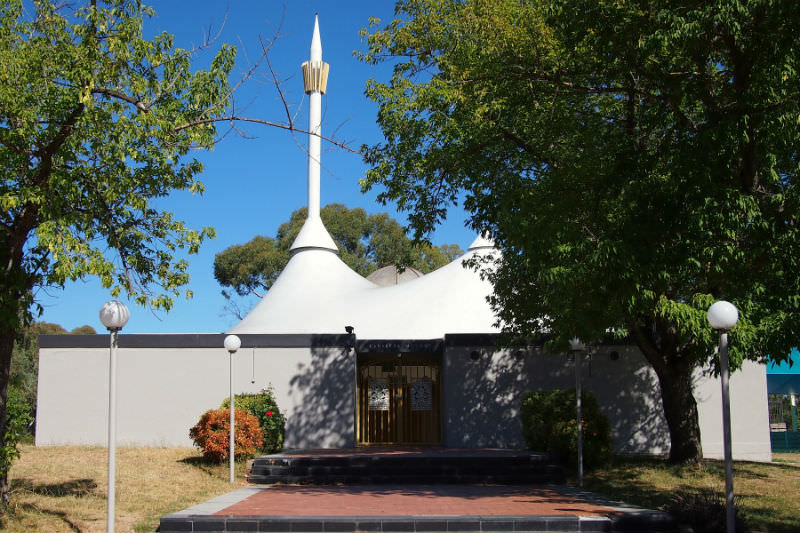
RELIGION
- Daniel Sleiman
- 18 March 2019
3 Comments
A lady with tears in her eyes asked if I was Muslim. I told her that I am. She asked it if would it be okay if she came in and said a prayer. 'Of course,' I replied. She knelt, quietly sobbing, and said a few words. I also knelt and recited a few verses from the Quran. We were complete strangers sharing a unique and emotional moment.
READ MORE 
-
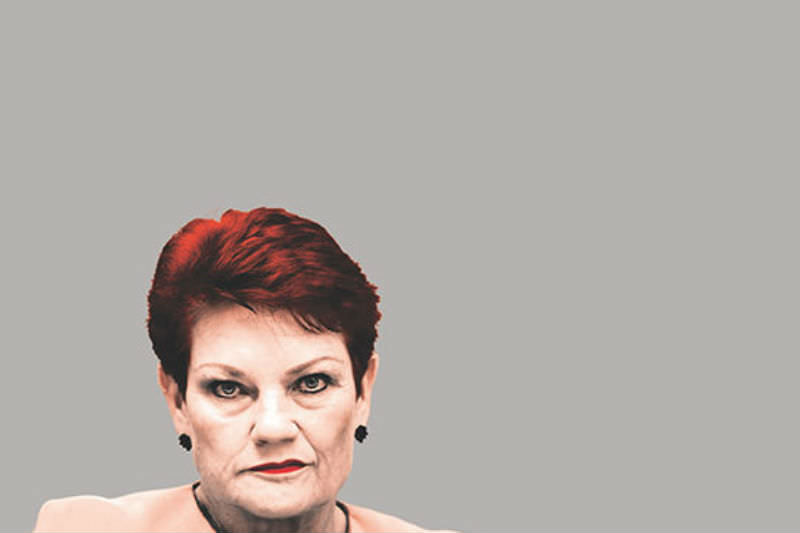
AUSTRALIA
- Barry Gittins
- 03 October 2018
4 Comments
Consider the sheer volume of Hanson's emotive denouncements over decades. The anti-intellectualism that undergirds her populism. The shifts in tack, to capture the wind of whichever tragic event puffs up her sails. We're breathing in Hanson's views without conscious recognition of their invalidity. That's why this book matters.
READ MORE 
-
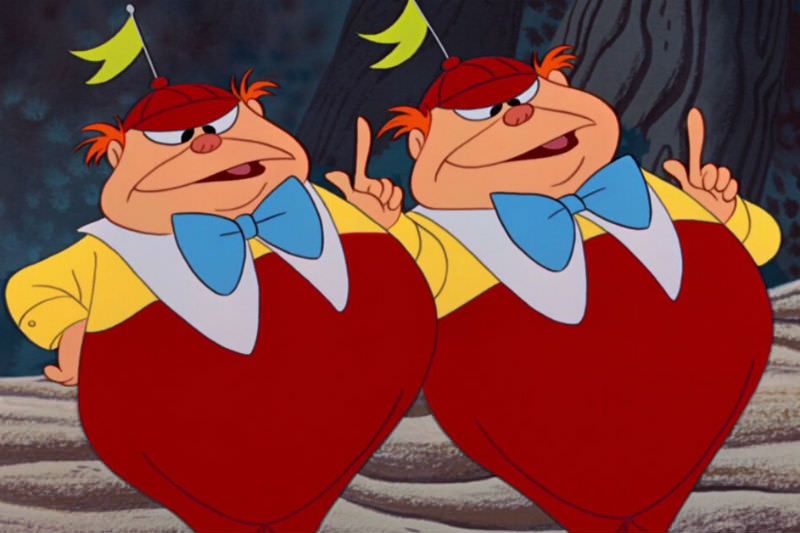
AUSTRALIA
- Susan Connelly
- 17 August 2018
3 Comments
We see the occasional extreme Muslim cleric railing against the west. This week we witnessed a similar incident in Parliament, with a senator calling for a return to the White Australia policy and a ban on Muslim immigration. An insight of René Girard's assists in interpreting this incident and the resentment and fear which lies beneath it.
READ MORE 